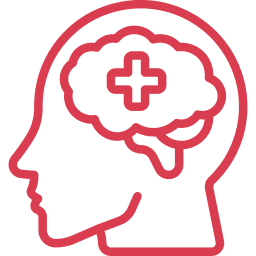Conduct Disorder
Conduct Disorder services offered in Doylestown and King Of Prussia, PA

Giving Your Child a Chance
A diagnosis of Conduct Disorder can be a very upsetting but relieving explanation for parents. You most likely have experienced your child exhibiting disruptive behaviors and frequently getting in trouble. Because of their behaviors, they may be getting excluded from peer groups or having trouble with teachers. We understand that you want your child to thrive and gain better control over their emotions. With a diagnosis from P.S. Psychiatry, your child will be one step closer to developing the coping skills they need and thriving in their environments.


Signs & Symptoms of Conduct Disorder
Understanding your child’s behavior and helping them through it starts with being able to identify it. We understand that some behaviors are age-appropriate, but others may seem excessive. If you, a teacher, or another person in your child’s life brought up concerns around their behaviors, it might be time to talk with a P.S. Psychiatry professional for help.

Aggression: You witness or have been told that your child is aggressive towards others. This can look like bullying peers or being cruel to animals too.

Destructive: Your child deliberately engages in fire setting to cause damage or intentionally seeks to destroy others’ property.

Deceitful: This can include breaking into someone’s property, lying or conning others, or shoplifting.

Rule-Breaker: Your child often defies rules, like staying out past curfew. They may also run away from home or are truant from school.

Treatment Options
We understand that Conduct Disorder can feel exhausting and scary. You’ve probably already tried things to help your child too, but below are a few things that can help restore order to your home.

Medication: A prescription from your P.S. Psychiatry provider can help reduce some of the symptoms of Conduct Disorder.

Evaluation: A formal Neuropsychological Evaluation can be an important tool in helping you and your treatment team plan a path forward.

Therapy: Talking with a therapist is a great place for you and your child to learn strategies to cope with their bigger emotions and behaviors.

We're Here to Help
When you’re ready to talk, we’re ready to listen. Tap the button below to get in touch with P.S. Psychiatry and schedule your appointment.